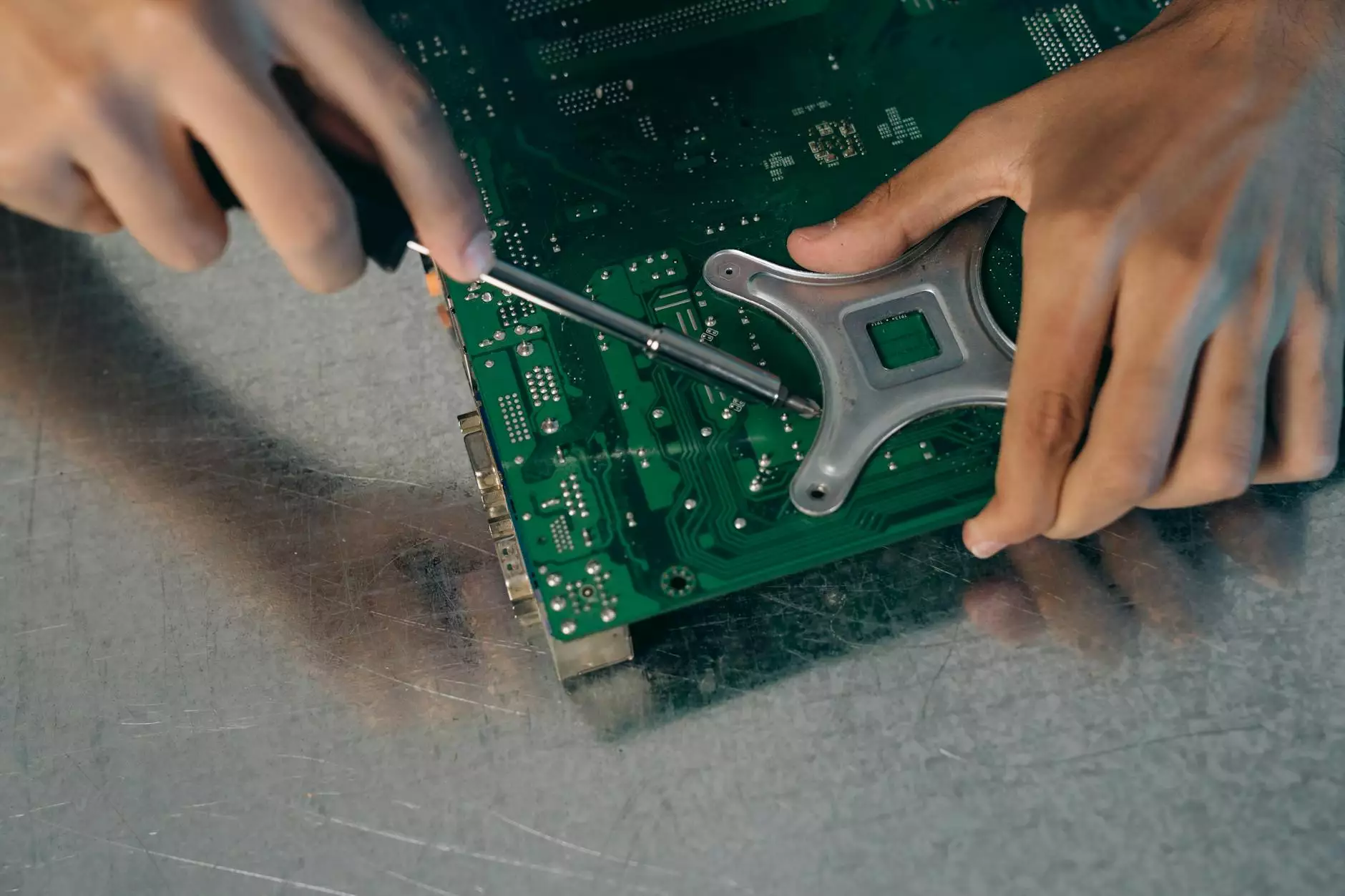Understanding the Market and Ethics of Buying a Fake ID

The world of buying fake ID cards, such as driver’s licenses, is as intricate and multifaceted as it is controversial. As we delve into this topic, it’s crucial to explore the reasons individuals seek these cards, the ethical and legal implications surrounding them, and how businesses like LittyIDs operate in this niche market.
The Reasons Behind Purchasing Fake IDs
There are a variety of reasons someone might consider buying fake IDs. Understanding these motivations can shed light on the complexity of the issue:
- Access to Age-Restricted Venues: Many young individuals, particularly minors, seek fake IDs to gain entry into bars, clubs, and other venues that require proof of age.
- Identity Verification: Some people might need a secondary form of identification to navigate situations like banking or travel.
- Experiential Learning: For some, using a fake ID is seen as a rite of passage that allows them to engage in adult activities prematurely.
- Privacy and Anonymity: A subset of individuals may opt for these IDs for privacy reasons, wanting to keep their true identity hidden in certain transactions.
The Ethical Considerations
When discussing the purchase of fake IDs, we must also consider the ethical landscape that surrounds this practice. Here are some key ethical questions:
Is It Right or Wrong?
The morality of buying a fake ID often hinges on the intended use. For example, while using a fake ID to access alcohol at a young age may seem harmless to some, it raises questions about legality and responsibility. It can potentially harm businesses and promote underage drinking, making this a complex issue.
Consequences for Society
When individuals use fake identities, it can lead to broader societal issues, such as increased crime rates, fraud, and the potential for harm to individuals who misrepresent themselves in various contexts. Thus, businesses that legitimize this process must carefully consider their impact.
The Legal Landscape
In many jurisdictions, acquiring or using a fake ID is a criminal offense. Various laws govern the creation and distribution of identification documents, and violations can lead to severe penalties:
Criminal Charges
Individuals caught using fake ID cards can face criminal charges that vary from misdemeanors to felonies, depending on local laws. These charges might include:
- Fraud
- Identity Theft
- Forgery
Let’s Talk About Consequences
The repercussions of using a fake ID extend beyond legal penalties. Individuals risk damaging their reputations and future opportunities, especially in the job market where background checks are prevalent.
How the Market Functions
The market for buying fake IDs is largely driven by demand, which fluctuates based on trends in youth culture and regulations surrounding age verification. Here are some essential aspects of this market:
Online vs. Offline Marketplaces
While some individuals may attempt to create fake IDs independently, a substantial portion of the market exists online where vendors offer various identification products. Online marketplaces tend to present a risk-laden environment:
- Quality Variability: The quality of products can range vastly, from passable to highly sophisticated fakes that can fool authorities.
- Legal Risks: Purchasing online increases the chances of being scammed or facing legal implications if authorities track down buyers.
- Reputation of Vendors: It's imperative to research vendors’ reputations and reviews to avoid fraud.
Stats and Trends
As of recent years, the incidents of fake ID use among young adults have risen dramatically. Statistically, it is estimated that a significant percentage (over 35% in some demographics) have attempted to use or obtain a fake ID at some point in their youth. This indicates a strong ongoing demand that isn’t likely to fade soon.
Spotting High-Quality Fake IDs
If someone proceeds with purchasing a fake ID, knowing how to spot quality can be pivotal. Here are some tips:
Features of a High-Quality ID
There are several indicators of a quality fake ID. A high-quality fake should include:
- High-Resolution Images: Blurry images are a red flag.
- Proper Font and Size: Look for typos and incorrect fonts.
- Durable Material: The ID should feel like a real license, often made from PVC.
- Scannable Barcodes: Real IDs will often have barcodes that can be scanned; quality fakes replicate this.
Legal Alternatives to Fake IDs
For those considering buying fake IDs, there are legitimate alternatives available. Here are some more constructive routes to explore:
Obtaining a Legitimate ID
Young adults can obtain a legitimate ID by going through the appropriate channels to assert their identity appropriately. Many states offer provisional licenses for young drivers, which serve as a valid ID without the issues of fakes.
Utilizing Apps and Services
In today's digital world, many apps and services enable age verification without needing physical IDs. These can be excellent resources for those wanting to avoid the complications surrounding fake IDs.
The Role of LittyIDs in the Market
Companies like LittyIDs operate within the dynamics of this complex market. By choosing to purchase from vendors who openly discuss their practices and maintain a reputation for quality, customers can navigate the transactional terrain more safely.
Commitment to Quality
LittyIDs prides itself on delivering a product that meets customer expectations while emphasizing ethical standards. By focusing on quality, users are ensured a legitimate experience without compromising their integrity.
Final Thoughts
While the allure of buying fake IDs may seem appealing to some individuals, the consequences are substantial. It is essential to navigate these waters with utmost caution and critically evaluate why someone feels compelled to pursue such an option. Businesses that understand the responsibilities held in this realm contribute to a safer and more informed society.
In conclusion, it’s imperative to weigh the ethical implications, legal ramifications, and personal motivations carefully before deciding to engage in this controversial practice. As the market evolves, informed consumers will continue to make better choices, ultimately shaping the future landscape of identification verification.









